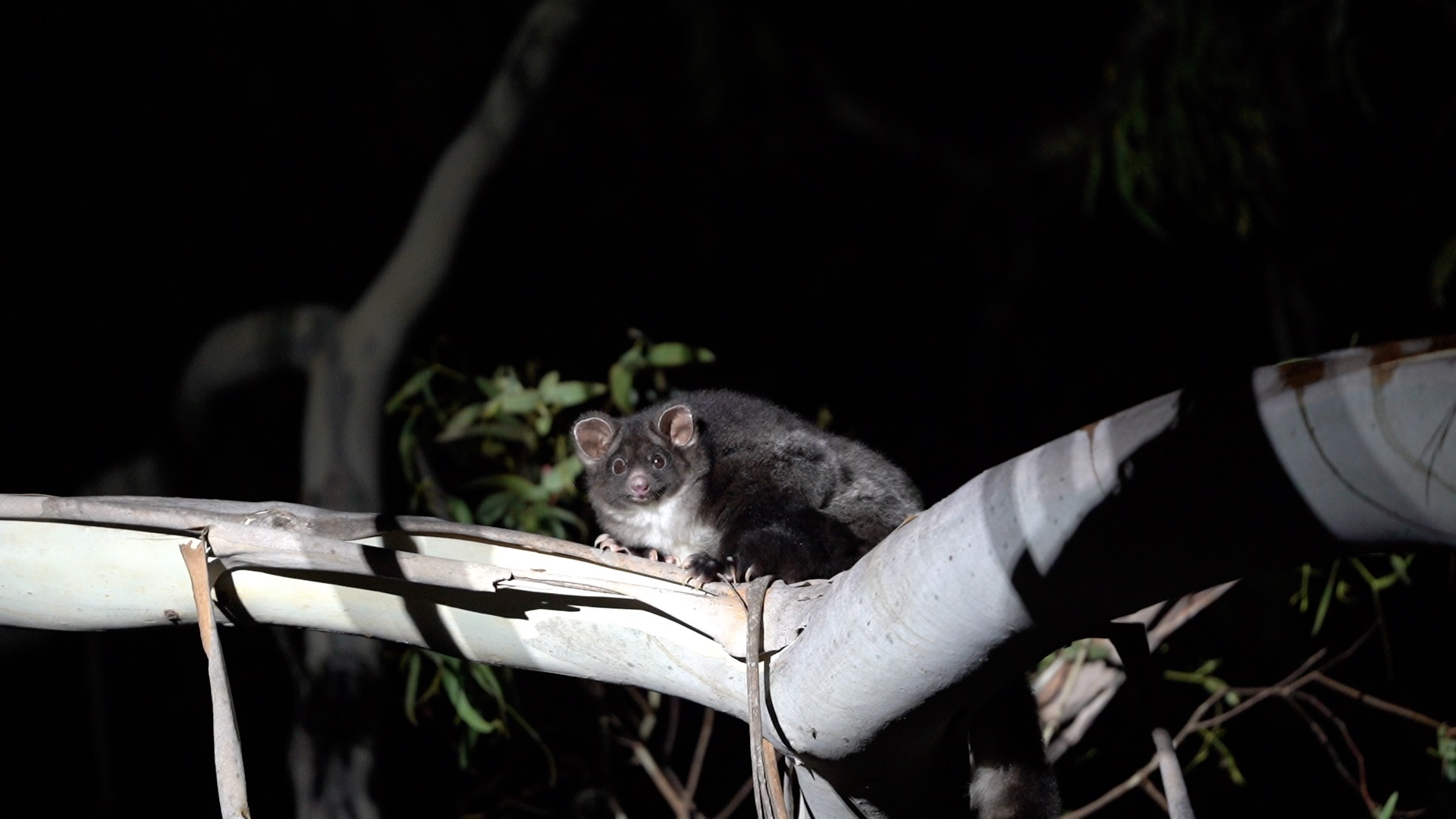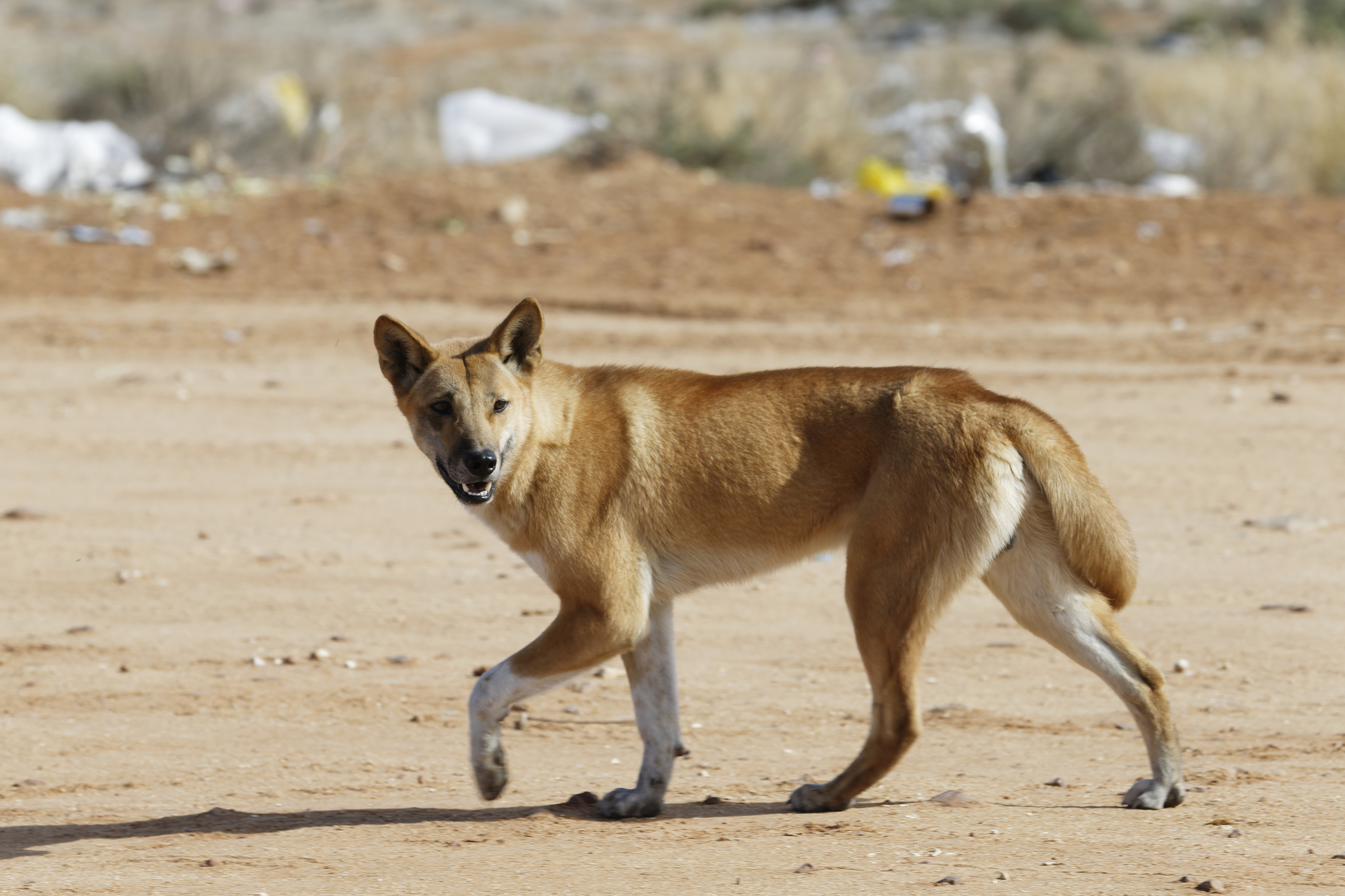Five hours south of Sydney, in the high country of south-east New South Wales, Glenbog State Forest sits quietly on the edge of the escarpment. At first glance, it looks like many other native forests. But Glenbog is not just any forest. It is one of the few remaining high-elevation “cloud forests” in southern NSW. These are places where geography...
The Australian Government has announced the listing of four new extremely rare gecko species as Critically Endangered. The species listed are the McIlwraith leaf-tailed gecko, Cape Melville leaf-tailed gecko, Pinnacles leaf-tailed gecko, and Arcadia velvet gecko – all of which are only found in Queensland.
Humane Society International (HSI) Australia nominated the very rare geckos to be listed as ‘Critically Endangered’ under our national environment law the Environment Protection and Biodiversity Conservation Act 1999 (EPBC Act), and warned their tiny populations mean they could easily be wiped out by a single extreme event, such as bushfire, or poaching from the wild to supply the illegal pet trade.
Nicola Beynon, Head of Campaigns at HSI Australia said: “We thank the Australian Government and the Threatened Species Scientific Committee for their work to assess HSI’s four gecko nominations so that these animals can now benefit from the protections of a ‘Critically Endangered’ status.
“Australia has a significant problem with native reptiles being poached for the exotic pet trade. For species like this, a single poaching event could spell extinction so it’s important they receive the highest possible protection.
“Illegally collected geckos are often bound with tape and stuffed into socks or small containers before being shipped abroad with no food or water. Many do not survive the journey.”
Thanks to these listings, any proposed significant impact to the four gecko species will need to be assessed under the EPBC Act. Alongside this, there is approved conservation advice that sets out the key threats to each species and what is required for their protection.
The Critically Endangered listings highlight the significant consequences for these animals if they are illegally trafficked into the pet trade.
The Australian Government announced this week that over the past four months the Taronga Conservation Society of Australia cared for more than 100 seized reptiles illegally trafficked into Australia.
The law sets out serious fines and sentences available for wildlife trafficking but historically the penalties given are usually low. Recognising these species as Critically Endangered should send a message about the need to use the full force of the law on offenders.
“Protecting these geckos within Australia is an important first step in ensuring their survival. To prevent them entering the illegal pet trade on a global scale, the Australian Government must also nominate these species for international protection at the next meeting of the Convention on International Trade in Endangered Species of Wild Fauna and Flora (CITES),” Ms Beynon said.
HSI Australia has a comprehensive history nominating threatened species for ‘listing’ under federal and state environment species laws. Successful listings as a result of HSI Australia nominations include the Australian sea lion, elephant seal, great white shark, grey nurse shark, grey-headed flying fox and many more.
ENDS
Nicola Beynon, Head of Campaigns at HSI Australia, as well as Associate Professor Conrad Hoskin, gecko expert at James Cook University are available for interviews. To arrange please contact: Hannah Clayton | 0434 269 048 | hclayton@hsi.org.au
Images of these gecko species are available for download via Filecamp, here.


